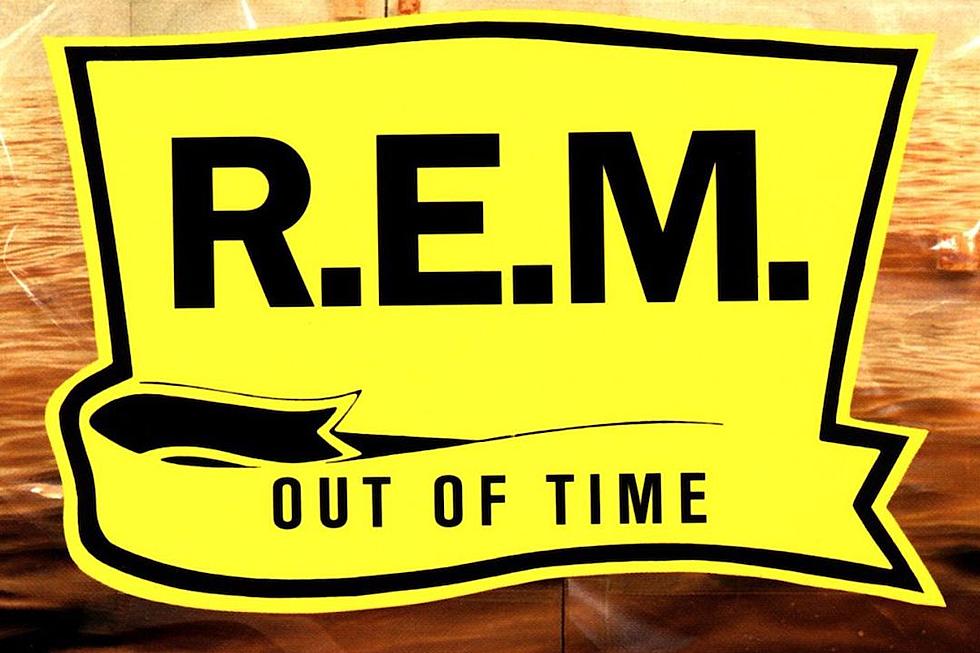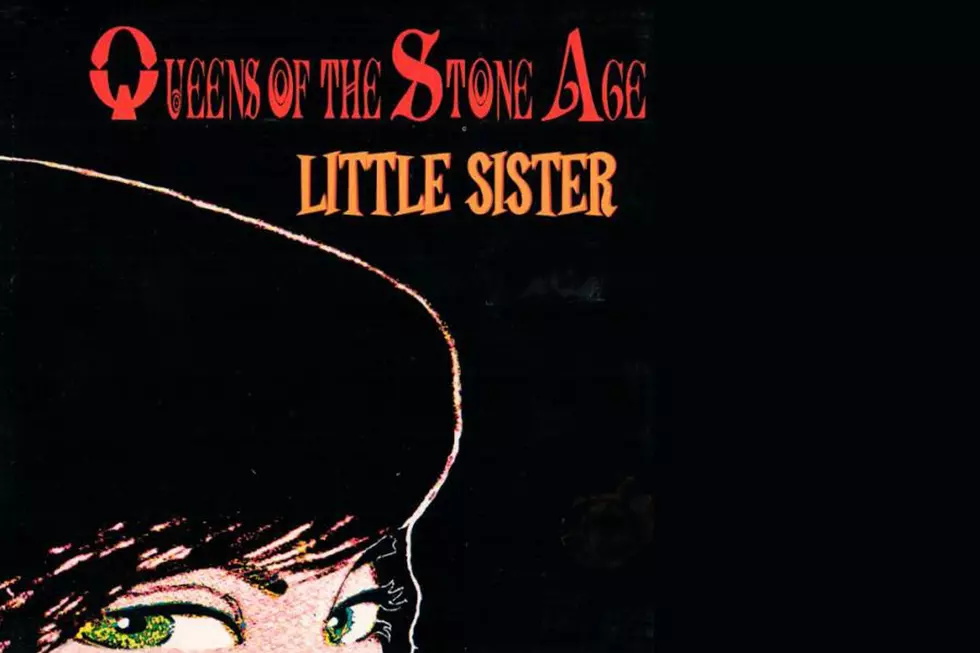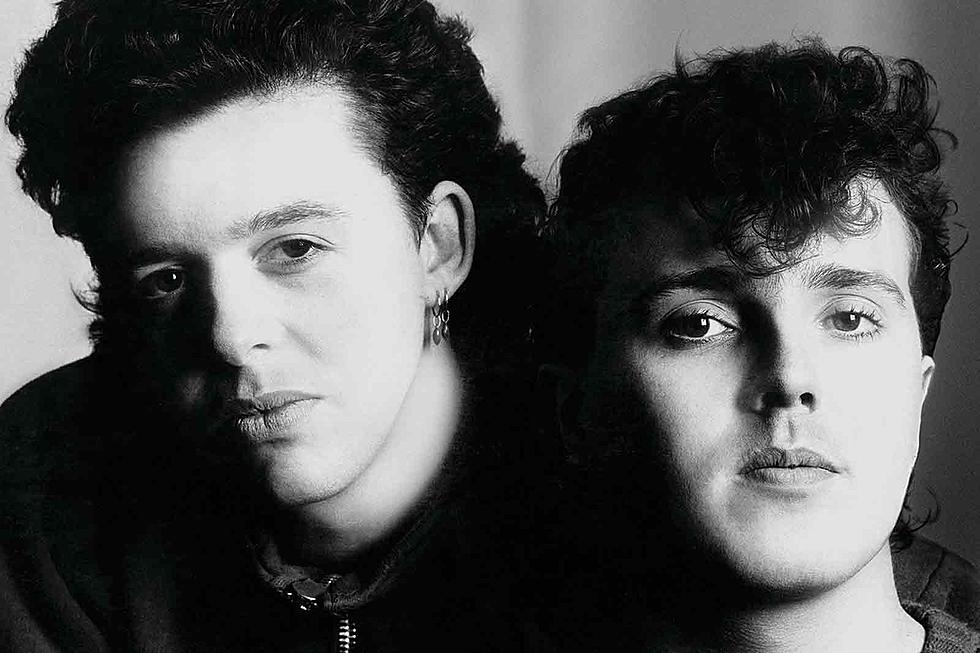
35 Years Ago: Lester Bangs Dies
In his last days—the end of 1981 and beginning of 1982—music critic Lester Bangs was working on cleaning himself up. Gone (or at least dramatically scaled back) were the binges on booze, cough syrup and tranquilizers. There were novels he wanted to write that had nothing to do with music, but which one could imagine being written in a voice that thrummed with rhythm and soul and all manner of noise, the voice that had made him one of the most recognizable rock writers for over a decade.
On the evening of April 30, 1982, Bangs was found in his apartment, dead at 33 from an overdose of Valium and Darvon (an opioid cough suppressant), the Human League's Dare spinning on his turntable, the needle repeatedly hitting the run-out groove.
And so ended the life of a man his biographer Jim DeRogatis called "the great gonzo journalist, gutter poet and romantic visionary of rock writing—its Hunter S. Thompson, Charles Bukowski and Jack Kerouac all rolled into one." Bangs took those writers' flair for adventure and jazz and freedom - freedom from authority and from stilted prose - and mixed it with the noise of the streets and the garage and the most derelict of performance spaces, not to mention an inherent hatred of all things obsequious. He funneled it all through a mind roiling with a foul chemistry and turned that perspective and that power loose on the music of the '70s.
"He was a romantic in the gravest, saddest, best and most ridiculous sense of that worn-out word," fellow rock writer Nick Tosches once said of Bangs. "He couldn't merely go to bed with a woman; he had to fall in love with her. He couldn't merely dislike something; he had to rail and rage against it. None of it was real, but in the end the phantoms of all that crazy love and anger, since they weren't his to command, conquered him."
Bangs was born Leslie Conway Bangs on December 13, 1948, in Escondido, Ca., to a Jehovah's Witness mother and ex-con and alcoholic father, who left his wife and son in 1957, never to be seen again. The elder Bangs was killed in a house fire shortly thereafter, leaving his son to chafe against his wife's religion alone.
Growing up, Lester Bangs found solace in jazz records and Beat writers, eventually discovering and embracing rock 'n' roll and writing about it whenever he could, for whatever publication that would disseminate his work. As DeRogatis noted in his Bangs biography, Let It Blurt, in 1967, Rolling Stone put out an open call for writers to send them record reviews, and Bangs obliged, sometimes mailing 10 or 12 in a given week, all of which were rejected. In the spring of 1969, he sent them a scathing review of the MC5's debut album Kick Out the Jams, along with a challenge to the magazine's editors - a letter that, he recalled, read "Look, f---heads, I'm as good as any writer you've got in there. You'd better print this or give me the reason why!"
They ran the review, and many more, though he chafed against the magazine's often fawning coverage of musicians as celebrities, and was on several occasions chastised (and at one point, fired) for showing disrespect toward the artists. He eventually found a home on a commune in Detroit, where Creem magazine was housed and where it grew to its peak circulation in the '70s. Bangs was the magazine's most recognizable voice and, for a time, its guiding editorial force. It can be argued that he did his best work for the magazine, which gave him complete freedom—where he could write 40,000 words on a garage band like the Troggs and have every word published, untouched. Creem gave him an expense account and a megaphone, so he could chase down stories about Iggy Pop, Richard Hell, Lou Reed and others, and extol their virtues to the skies, if he wished.
Ah, Lou Reed - Bangs' simultaneous beacon and bête noire, the songwriter could bring out both Bangs' ingratiation and his pugnacity, often in the same interview. An entire section of Psychotic Reactions and Carburetor Dung, the first of two posthumous collections of Bangs' work, is devoted to his lengthy disquisitions on Reed's art and the pair's often palpably unpleasant one-on-one exchanges. "Lou Reed is my own hero," Bangs once wrote, "principally because he stands for all the most f---ed-up things that I could ever possibly conceive of. Which probably only shows the limits of my imagination."
While he enjoyed nudging heroes off their pedestals, Bangs could also take on those artists' audiences with equal effect. The accepted giants of rock 'n' roll as art form and as popular culture—Elvis, the Beatles, Dylan and others—were of little interest to him, and the people who fawned over those artists' every expression were easy targets.
"I don't know which is more pathetic," he wrote two days after John Lennon's death, "the people of my generation who refuse to let their 1960s adolescence die a natural death, or the younger ones who will snatch and gobble any shred, any scrap of a dream that someone declared over ten years ago."
The decades since his death have seen Lester Bangs praised, quoted, mentioned in song—most famously, in R.E.M.'s "It's the End of the World as We Know It (And I Feel Fine)"—even portrayed in film by Phillip Seymour Hoffman (in Cameron Crowe's semi-autobiographical Almost Famous). His work has resonated across generations, keeping alight a flame for music writing that is more than mere consumer product descriptions, more than something one might read in a catalog. Bangs' core essence might have been best captured by The Believer's Howard Hampton:
"A Shadows-of-Knight-errant Quixote and Sancho Panza rolled into one logorrheic typewriter junkie, he tilted at white elephants, sacred cows, boredom, and rampant mediocrity with a ravenous mixture of perception and bloodshot glee."
Now that's an epitaph. That was Lester Bangs.
Lou Reed Albums Ranked in Order of Awesomeness
More From Diffuser.fm









